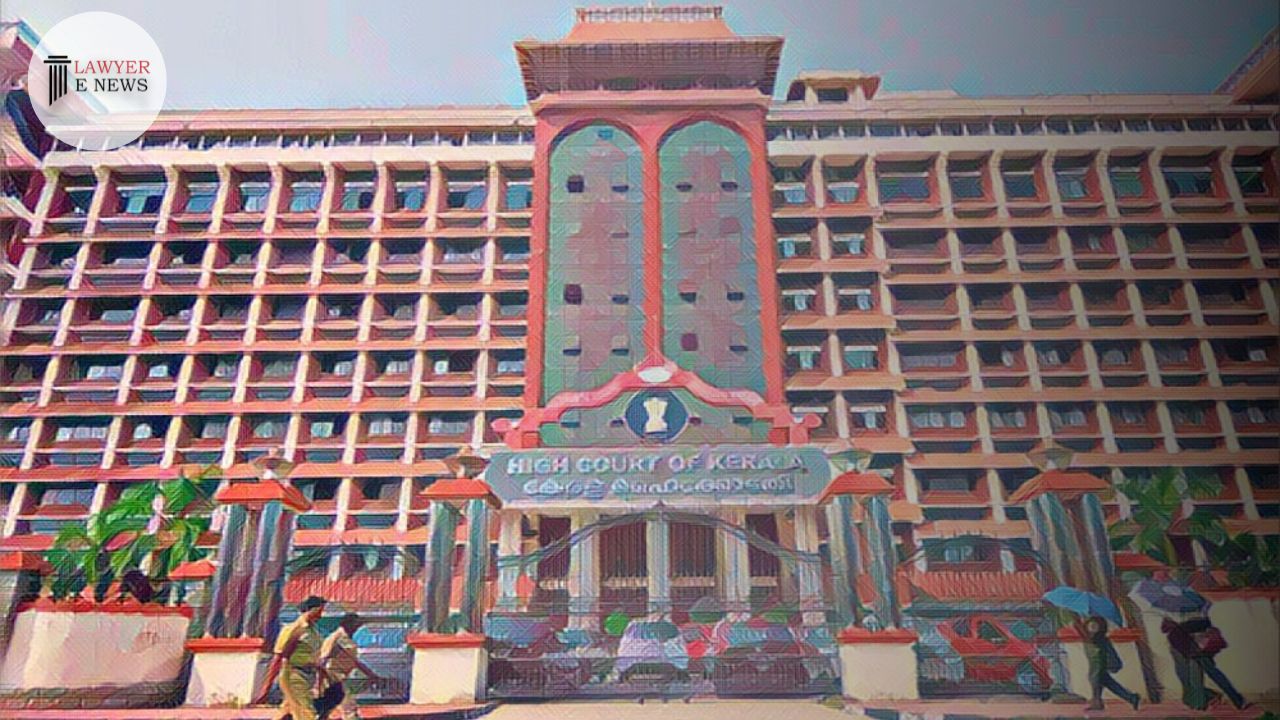-
by Admin
15 February 2026 5:01 PM



In a landmark decision on November 3, 2023, the Kerala High Court, comprising Dr. Justice A.K. Jayasankaran Nambiar and Dr. Justice Kauser Edappagath, underscored the constitutional right to live with human dignity, ruling in favor of two life convicts who sought to pursue higher education via online courses while serving their sentences.
The court observed, “The right of a citizen to live with dignity forms a significant part of the right to life guaranteed under Article 21 of the Constitution of India,” reflecting the court’s stance on the intrinsic value of human life and dignity, regardless of a person’s circumstances.
The applicants, both convicted under Section 302 of the IPC and serving life terms, had successfully cleared entrance examinations for the LL.B. course. Despite their incarceration, the court has permitted them to attend the course online, facilitated by the respective prison and college authorities. This decision came after careful consideration of the restrictions on online legal education under the UGC Regulations, 2020, and the Bar Council of India’s stipulations for legal education.
“The restriction on liberty imposed by law on a convict does not take away his right to dignity protected by the Constitution,” the bench stated, emphasizing that the denial of physical attendance at the educational institution should not hinder the convicts’ right to education.
In recognizing education as a powerful mechanism for individual advancement and a fundamental human right, the court has taken a significant step towards the reformation and rehabilitation of convicts. The decision also aligns with international norms and the United Nations Standard Minimum Rules for the Treatment of Prisoners, reinforcing the importance of education in prisons.
The ruling has been met with approval from various educational and legal experts, citing it as a progressive move towards integrating technology into the criminal justice system and enhancing the rehabilitative aspects of imprisonment.
The case has set a precedent for honoring the rights of convicts to pursue studies, illustrating the court’s commitment to upholding the dignity and fundamental rights of all citizens, including those behind bars.
Date of Decision: 03 November 2023
PATTAKKA SURESH BABU VS STATE OF KERALA
